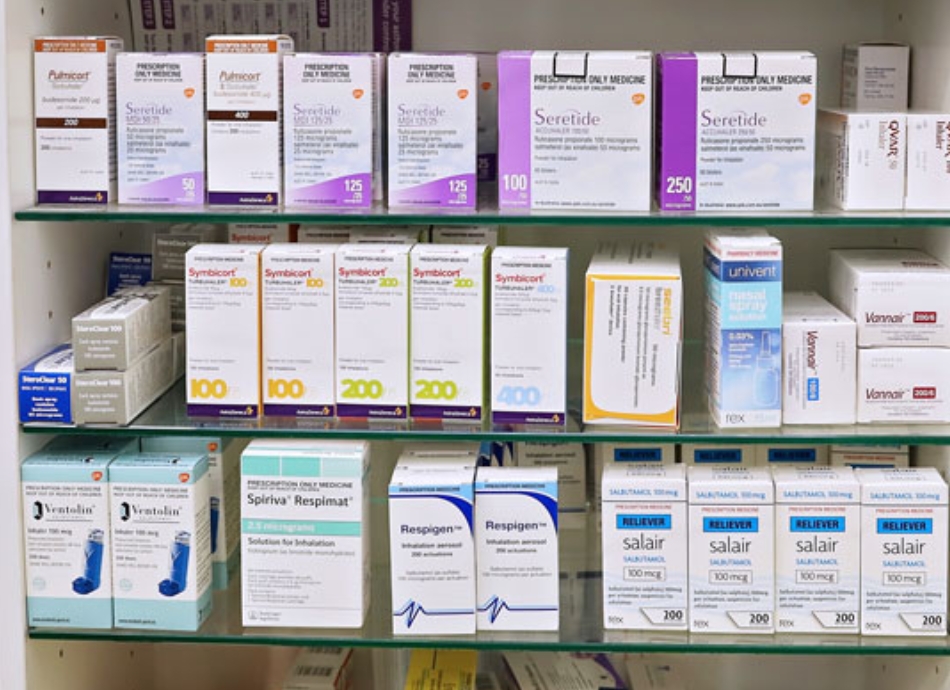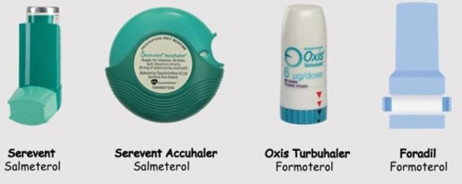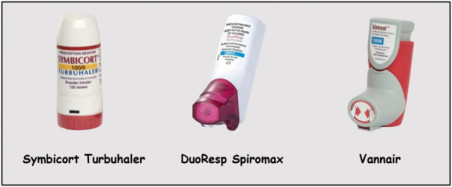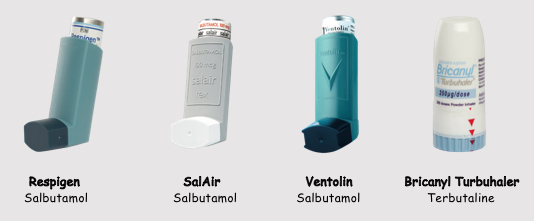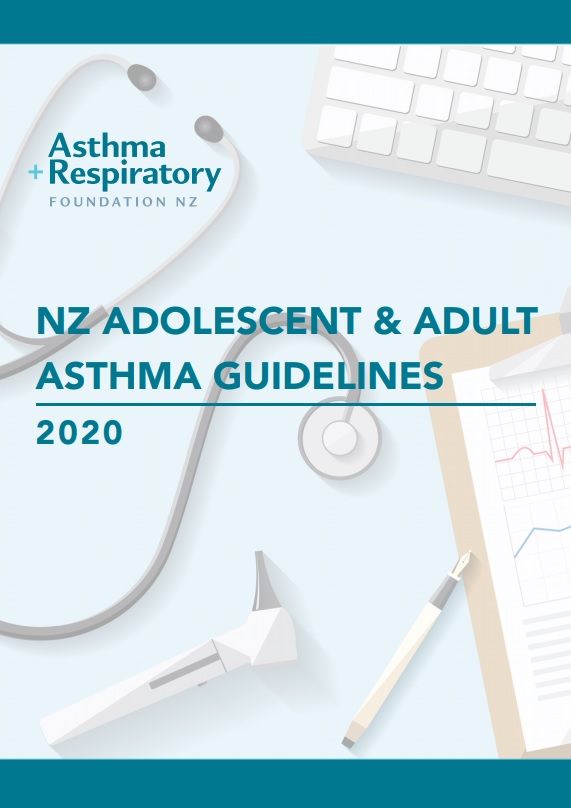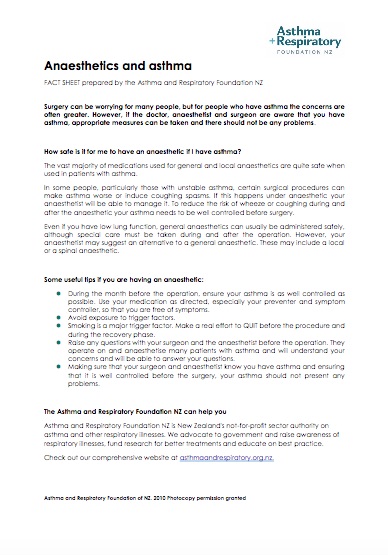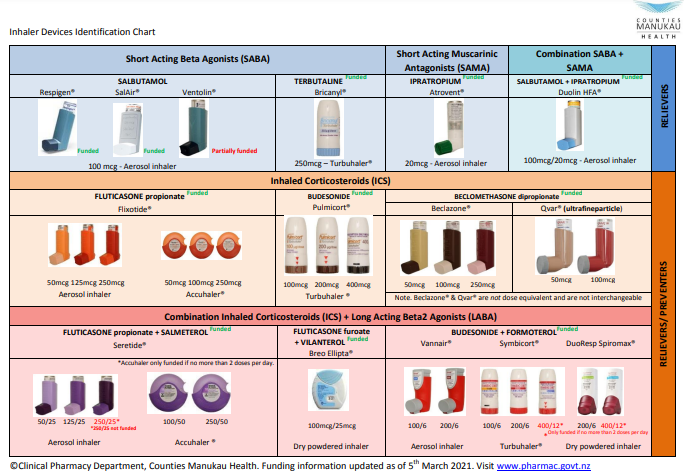Budesonide/formoterol is a combination of 2 medicines, budesonide and formoterol, in a single inhaler. Examples include Symbicort Turbuhaler, Vannair Inhaler and DuoResp Spiromax.
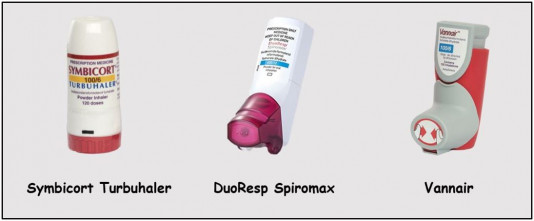
Depending on the severity of your asthma symptoms, budesonide/formoterol can be used as a reliever only OR as a preventer and a reliever.
- Mild symptoms: Use budesonide/formoterol when required for relief of asthma symptoms. Also called anti-inflammatory reliever (AIR) therapy.
- Moderate to severe symptoms: Use budesonide/formoterol every day PLUS when required for relief of asthma symptoms. Also called single-inhaler maintenance and reliever therapy (SMART).


